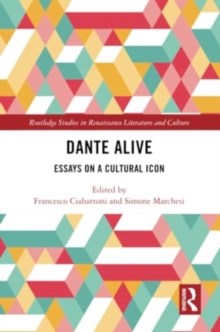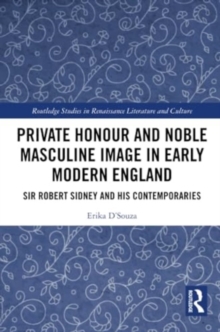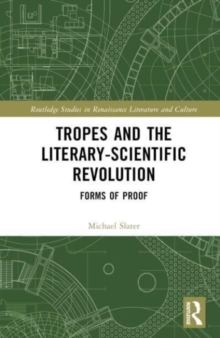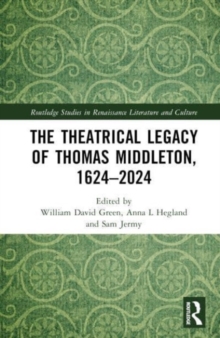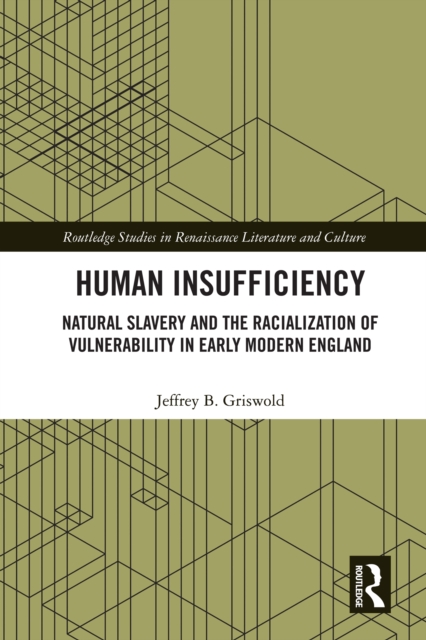
Human Insufficiency : Natural Slavery and the Racialization of Vulnerability in Early Modern England PDF
by Jeffrey B. Griswold
Part of the Routledge Studies in Renaissance Literature and Culture series
Description
Human Insufficiency argues that early modern writers depict the human political subject as physically vulnerable in order to naturalize slavery. Representations of Man as a weak creature-"poor" and "bare" in King Lear's words-strategically portrayed English bodies as needing care from people who were imagined to be less fragile. Drawing on Aristotle's depictions of the natural master and the natural slave in the Politics, English writers distinguished the fully human political subject from the sub-human Slave who would care for his feeble body. This justification of a nascent slaving economy reinvents the violence of enslaving Afro-diasporic peoples as a natural system of care. Human Insufficiency's most important contribution to early modern critical race studies is expanding the scope of the human as a racialized category by demonstrating how depictions of Man as a vulnerable species were part of a discourse racializing slavery.
Information
-
Download - Immediately Available
- Format:PDF
- Pages:172 pages
- Publisher:Taylor & Francis
- Publication Date:31/10/2023
- Category:
- ISBN:9781000989953
Other Formats
- Hardback from £135.00
- EPUB from £35.99
Information
-
Download - Immediately Available
- Format:PDF
- Pages:172 pages
- Publisher:Taylor & Francis
- Publication Date:31/10/2023
- Category:
- ISBN:9781000989953
